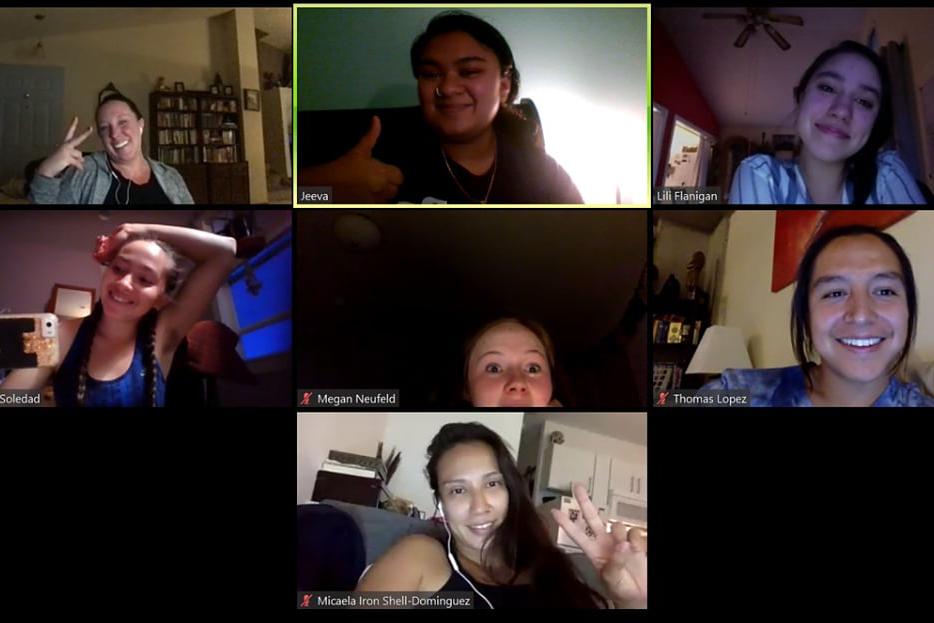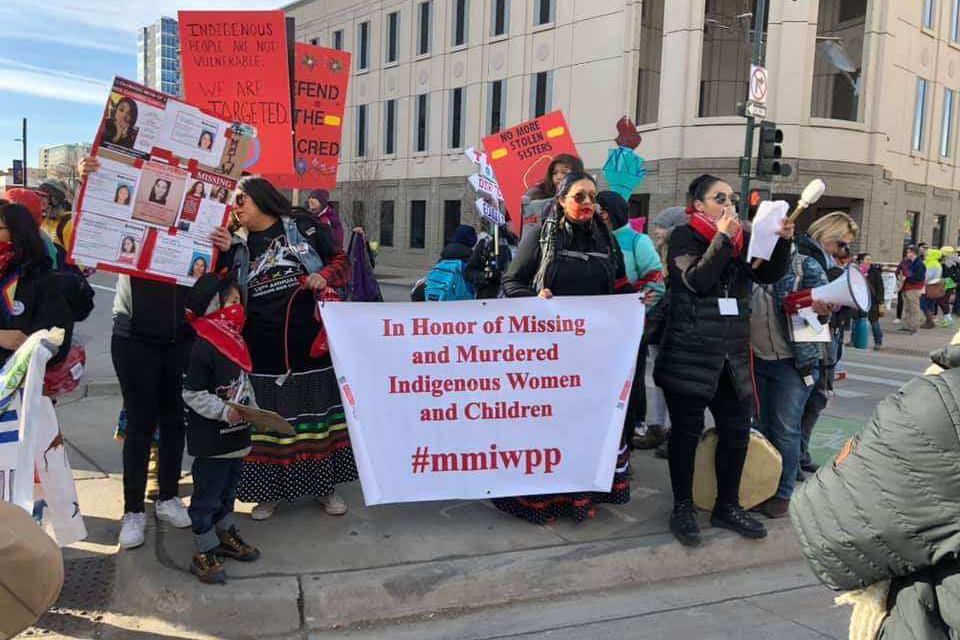
Climate activists worldwide were ready to hit the streets to capitalize on the 50th anniversary of Earth Day. But like with most things, plans have changed with coronavirus.
Some are worried the event will get lost amidst the pandemic, at a time when groups feel its message is even more important.
The first Earth Day was born out of massive, public display of civil disobedience. On April 22, 1970, millions protested for a healthier planet. Below is a clip from CBS News, broadcasting from Denver.
The official theme for the 50th anniversary is climate action.
“It all sort of came tumbling down with COVID,” said Liliana Flanigan, a 17-year-old climate activist from Grand Junction.
Flanigan is a senior at Palisade High School, and lots of big moments for her have been canceled— her graduation, her prom and Earth Day. At least, the Earth Day she and other youth climate activists were hoping for.
“This day was going to be really big, possibly bigger than any of the other climate strikes just with the timing of the election year,” Flanigan said. “We sort of had to snap into, ‘Okay, how else can we do this?’ mode.”
The new plan? Earth Day Live. Activists, artists and speakers will join what the organization is calling a three-day, communal livestream mobilization. Flanigan said it’s been hard to figure out what might work.
“Will a 60-year-old tune into an Instagram live?” she said. “Or will a 20-year-old tune into a Facebook live, or a webinar that you have to, you know, do some extra steps to get to?”
On the map of Earth Day Live streaming events, dots are scattered across the globe. You can learn about composting from New Delhi. Students will host climate action workshops from Hong Kong. Big names like Al Gore will make appearances.
Flanigan and others from the Colorado Youth Clime Strike Coalition will live stream spoken-word poetry, a fashion show and a dance party.
“We just want to show that we're persevering through these crazy times to continue to create action because that's how important it is,” she said.
More than 500 different organizations have come together to organize Earth Day Live, including The Climate Mobilization. Sarah Rosenberg helps manage the local chapter’s social media. She hopes the online event will resonate by highlighting connections between the issue of climate change and the COVID-19 crisis.
“That idea of every action that we do or don’t take is either saving lives or the opposite,” Rosenberg said. “The response to that knowledge matters.”
The pandemic also illustrates the impacts of ignoring science, and how some populations are disproportionately affected. Renee Millard-Chacon, a Xicana activist and cultural educator, is with Spirit of the Sun — a Denver-based organization that works with Native American youth.

“Now is the time to be more inclusive and advantageous to those that have been most impacted, after years and years of being left out of the American identity,” Millard-Chacon said.
She and members of the local International Indigenous Youth Council chapter are working to amplify social justice in the climate narrative. Millard-Chacon feels like the COVID-19 crisis has focused the meaning of this Earth Day, especially as infection and death rates have surged on reservations.
“A respiratory illness can impact us, on top of the climate crisis,” she said. “But also leaves us more vulnerable, especially when we don't already have adequate systems and infrastructures like healthcare that can sustain us.”
Millard-Chacon says her prayer is that this Earth Day unifies the nation and the globe during a time of crisis. She wants people to feel an “urgent moral panic,” that will motivate leaders to act more responsibly for the next generation to come.









